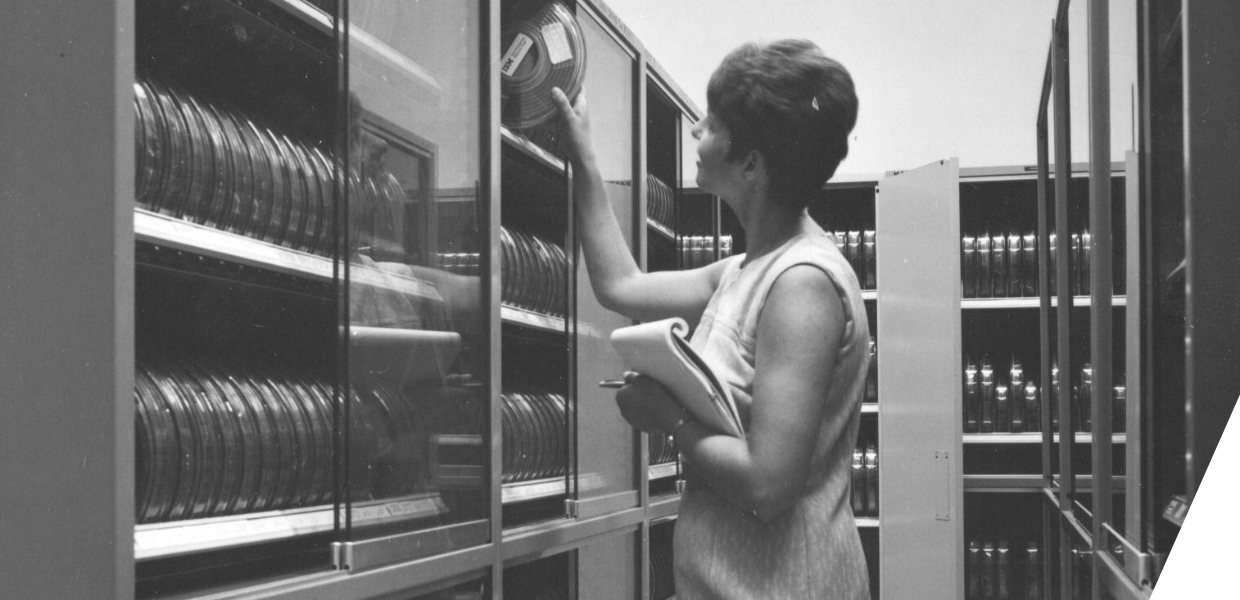About the project
The Quarantine Archives project was born in Belgium in the spring of 2020, following the first lockdown of the COVID-19 pandemic. The project aims to make archivists and citizens aware of the importance of preserving the traces of this particular period, not only to give tomorrow's historians the necessary sources to understand this crisis, but also to provide tools for archivists to better manage such a crisis in the future.
The project’s online platform was launched on 14 April 2020 thanks to a partnership between the French-speaking (AAFB) and Dutch-speaking (VVBAD) associations of the Belgian archival sector. Within a few weeks, more than twenty archive institutions in the country had joined the project: they launched calls for collections throughout the country and received pictures, drawings, texts, masks, and other initiatives from citizens, which were archived for the future.
The platform connects citizens and archivists to be able to collect more content, as well as highlighting related initiatives and research. Unsuspected at the beginning, the project even seemed to offer a therapeutic valve to citizens shaken by the crisis.
Community and networking
The Belgian archivist community did not stop at the creation of the platform, quickly realising that a large part of the material it was collecting was produced online, especially on social networks where many initiatives of solidarity or diaries flourished. The Quarantine Archives platform also became a place to share experiences regarding web and social network archiving. More experienced archivists offer tutorials, others share their own experiences. In order to highlight their work, participating archivists also launched a podcast ‘Vis ma vie d'archiviste confiné-e’ on the platform, exploring how this crisis had changed their work.
These initiatives have raised a number of discussions and questions: if we don't archive these online journals, are we leaving it to big tech companies to do so? The crisis questiond the role of archivists; from ‘collectors’ of documents, some of them become ‘creators’ of documents, for example by collecting oral testimonies from trade union leaders, cemetery managers or mask seamstresses.
Exhibitions and content
According to a first provisional assessment in December 2021, the Quarantine Archives project has collected more than 3,000 documents throughout Belgium. Most of the documents collected are digital and were collected around the first lockdown - there was less enthusiasm during further lockdowns.
To promote the Quarantine Archives, in March 2022, two years after the first lockdown, the AAFB published a virtual exhibition. It gathers about 40 documents collected during the crisis (photos, videos, audio testimonies, web archives, Facebook pages), selected by archivists and accompanied by their testimonies. This exhibition is aimed both at archivists but also at citizens in order to promote and share details about the archivist profession and to make them aware of the issue of their own archives. One participant in the virtual opening of the exhibition said, ‘It is really a great initiative to archive what citizens have done [during this crisis] and to present the profession of archivist.’
Future plans
Over two years, the Quarantine Archives platform has played a unifying role in the Belgian archival sector. It has pooled the efforts of archivists to document the crisis, created links between professionals, brought many out of their isolation and raised awareness of their mission. Based on this first experience, the AAFB is now raising awareness among archivists and citizens to preserve the traces of other crises.
Finally, the creation of Quarantine Archives has brought to light a need for Belgian French-speaking archives: the creation of a common virtual space gathering the individuals and structures that preserve the traces of what makes our society. In the long term, the Quarantine Archives project is intended to become a broader web tool, centralising and federating the cross-cutting issue of archives in society; a common point of entry for the researcher, the citizen and the archivist. The AAFB intends to continue its awareness of the importance of documenting our society for future generations, with a concern for heritage but also for democracy. The pooling will therefore continue, for the preservation of the memory of Belgium and the memory of the world.

